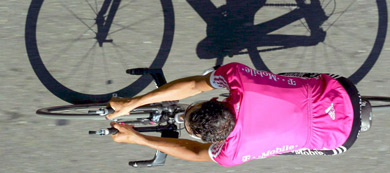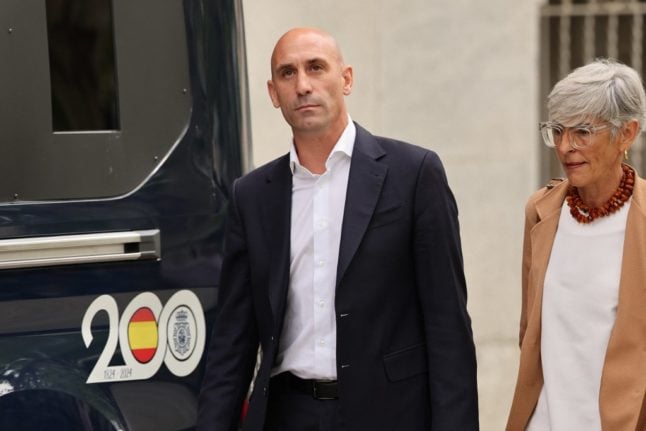The 23-page interim report, published by the commissioned inquiry into the doping scandal at Freiburg’s University Medical Clinic, has also named two more doctors involved in the scandal.
The report sheds light on the doping practices of Team T-Mobile – who changed their name from Team Telekom in 2004 only for German telecommunications firm Deutsche Telekom to withdraw their sponsorship at the end of last year.
The independent report – which has taken 10 months – looks into allegations of doping practices at the university between 1993 and 2006.
“It is frightening that physicians worked with criminal intentions and made lots of money. That is unethical,” the clinic’s chairman, Matthias Brandis, told German agency SID.
Three experts – Hans-Joachim Schaefer (lawyer), Wilhelm Schaenzer (biomechanics) and Ulrich Schwabe (pharmacology) – have produced their findings after nearly a year of work.
Former Telekom riders Rolf Aldag, Erik Zabel, Bert Dietz, Christian Henn and Patrik Sinkewitz – all of whom have admitted using banned blood-booster Erythropoietin (EPO) in the past – were quizzed by the inquiry.
“The experts’ published statements correspond exactly to my confessions on May 24 2007,” said Zabel in a statement. “The committee’s chairman Hans Joachim Schaefer has likewise confirmed this.”
In May last year, Zabel and former Team Telekom teammate Aldag both admitted having used EPO in preparation for the 1996 Tour de France.
Schaefer says more evidence of wrong-doing will be exposed in the next few months.
“This is only the beginning,” Schaefer said. “There are other details which we want to shed light on.
“I have some sympathy for the cyclists. They had to integrate themselves in a team where there were perfect examples of doping going on.”
The German Cycling Federation (BDR) have already asked for more information and are likely to take action.
“Even if there have been no admissions from cyclists during the period between 2001 and 2005, the commission believes it is probable there were doping operations during this time,” said the report.
“There is not only the evidence of payments received by the doctors from the cyclist team, but also paperwork for fictitious patients.”
The inquiry was commissioned by the clinic last spring after two Freiburg doctors – Lothar Heinrich and Andreas Schmid – were accused of giving out doping products by a former team employee.
The accusations were later supported by former T-Mobile cyclist Sinkewitz.
The German is currently serving a one-year ban after testing positive for testosterone last summer and admitted he had received blood transfusions at the Freiburg institute in 2006.
The commission has also revealed that two other doctors, in addition to Heinrich and Schmid, are also heavily suspected of doping operations and both are no longer employed by the clinic.
“Andreas Blum and Stefan Vogt also received payments for doping practices,” said the report.
No mention was made of Jan Ullrich, the 1997 Tour de France winner and Telekom’s team’s biggest star prior to his sacking for his suspected role in another doping affair, dubbed ‘Operation Puerto’.
However the BDR could now look into new revelations made by the now-retired Ullrich’s former doctor, Georg Huber, and some new information on the German’s right-hand man, Andreas Klöden, a runner-up at the Tour de France in 2004 and 2006.
A receipt for medicinal substances – relating to a March 2000 delivery at the house of Klöden’s wife – may reveal further secrets after being uncovered in the clinic’s archives.



 Please whitelist us to continue reading.
Please whitelist us to continue reading.